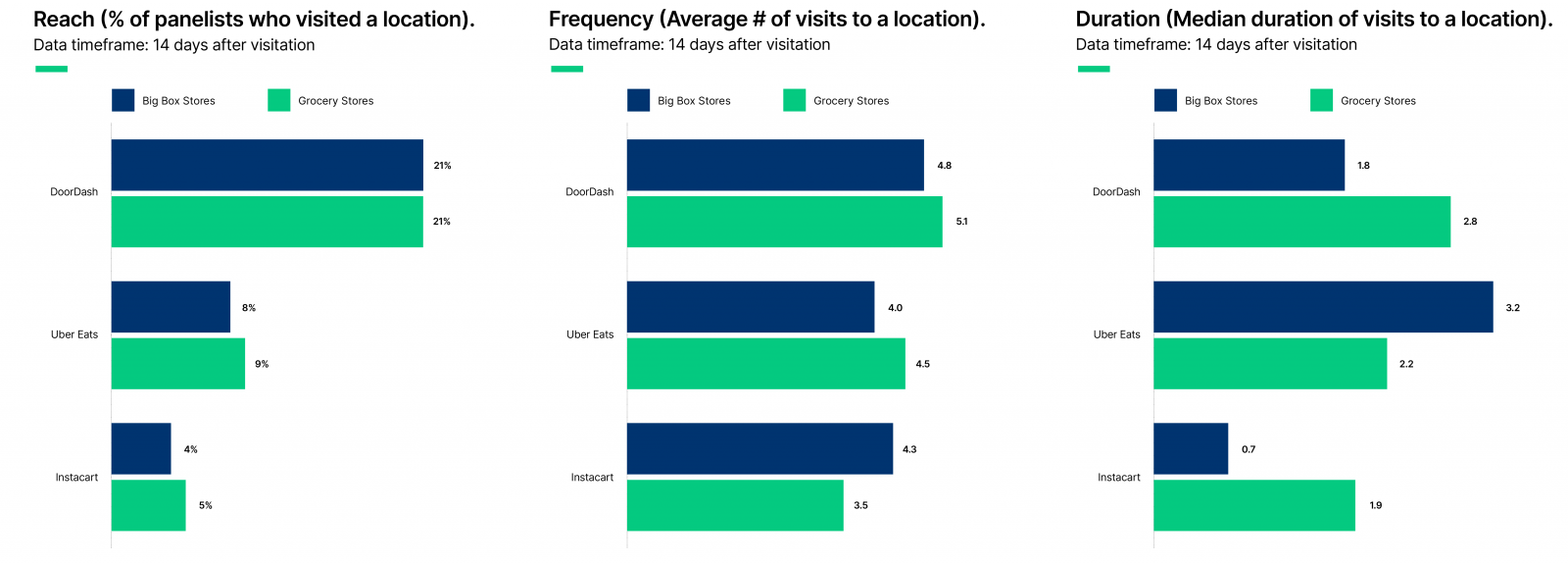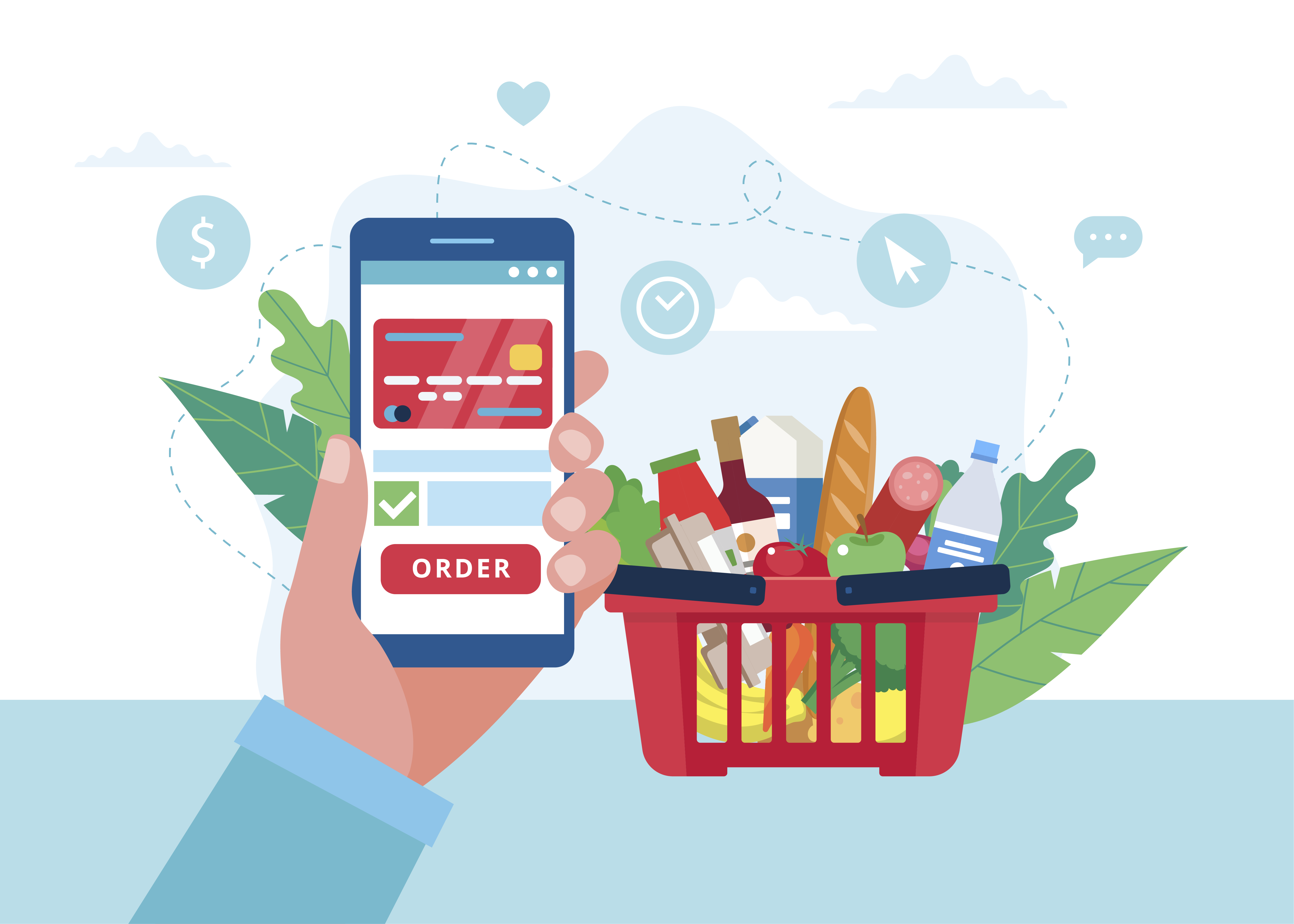In recent years, the grocery shopping landscape has undergone a significant transformation with the emergence of grocery delivery apps. These digital platforms have revolutionized the way people shop for groceries, offering convenience, time-saving benefits, and a seamless customer experience. To thrive in this changing climate, grocery store businesses must adapt and optimize their operations. Discover how the rise of grocery delivery apps has reshaped the industry and explore strategies to stay competitive in an increasingly digital-driven market.
The Rise of Grocery Delivery Apps and Changing Consumer Behavior
The rise of grocery delivery apps like Instacart, DoorDash, and Uber Eats has empowered consumers to order groceries from the comfort of their homes, eliminating the need for physical store visits. Customers now have the convenience of browsing through a wide range of products, comparing prices, and making purchases with just a few taps on their smartphones. And they are willing to pay a premium for the convenience. Validated behavior data from MFour Studio reveals that, on average, customers who prefer to shop at grocery stores rather than big box stores spent a whopping 38% more time on DoorDash, one of the most popular delivery apps. This data indicates that DoorDash is a key player in the grocery delivery market, catering to the needs of discerning shoppers who prioritize quality and convenience.
This shift in consumer behavior has created a higher demand for efficient delivery services, prompting grocery store businesses to establish partnerships or develop their own delivery systems. And most are failing to keep up.

Strategies to Optimize Operations in the Evolving Landscape
To leverage the opportunities presented by grocery delivery apps, grocery store businesses can implement several strategies. Partnering with existing grocery delivery apps can provide instant access to a ready-made customer base, expanding their reach and visibility. Alternatively, businesses can develop their own delivery apps to maintain full control over the customer experience and brand identity. Investing in robust inventory management systems is crucial to ensure accurate stock tracking and timely order fulfillment, avoiding any potential discrepancies or delays in deliveries. Additionally, focusing on personalized customer experiences through tailored recommendations and loyalty programs can enhance customer retention and foster brand loyalty.
The digital transformation of grocery shopping has reshaped the industry, presenting both challenges and opportunities for grocery store businesses. By embracing this change and optimizing their operations, businesses can reach a wider audience, offer seamless customer experiences, and stay competitive in the evolving market. Adapting to the changing climate is key to securing long-term success and thriving in the grocery industry. With the help of MFour Studio, businesses can access validated survey and behavior data, gaining valuable data into customer behaviors across various channels and making data-driven decisions to stay ahead of the competition.
Find out more about Studio today!



